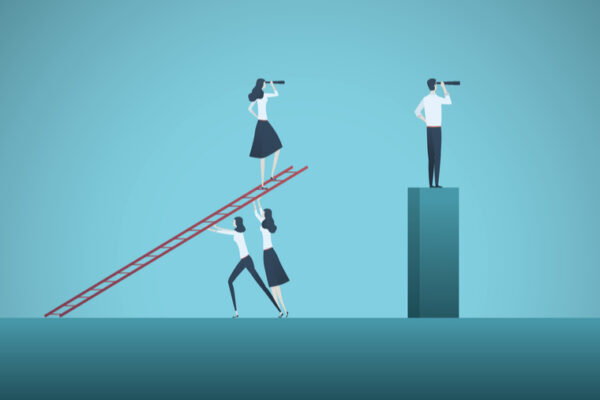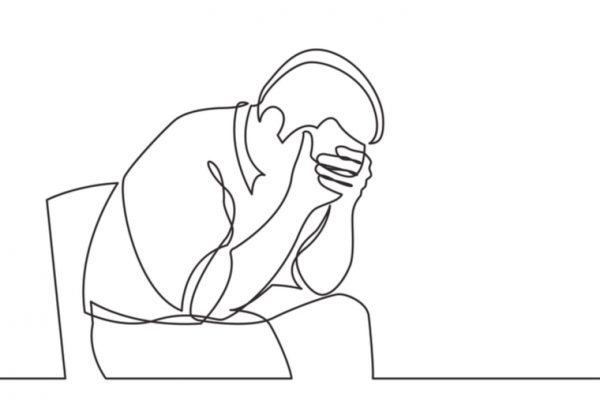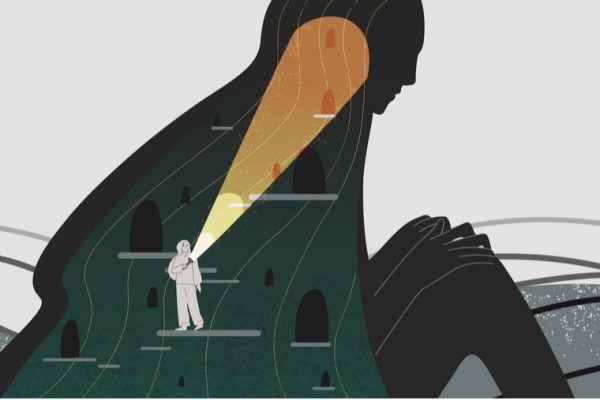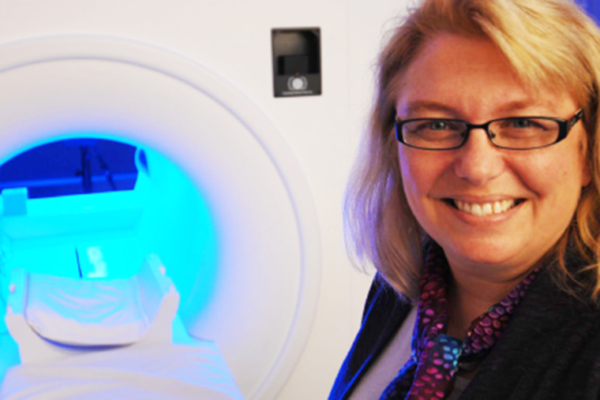How will we remember this holiday season?
How will this year’s celebrations be remembered? The answer will be “differently than normal” for some individuals, but collective memory for the pandemic itself is likely to fade quickly for most people.
Stronger memories can help us make sense of future changes
Jeffrey Zacks’s latest research turns on its head some popular beliefs about memory, showing that a failed prediction isn’t simply a failure, but also a cue which can help people update their understanding — as long as they realize their prediction was wrong.
Prenatal cannabis exposure associated with adverse outcomes during middle childhood
Research from the Department of Psychological & Brain Sciences at Washington University in St. Louis shows prenatal cannabis exposure may impact child behavior later in life.
Female faculty in psychological sciences survey present, chart future
Washington University’s Deanna Barch was among 59 women psychologists working in academia who took an empirical approach to understanding gender inequities in their field. They find some promising data, but also much work to be done.
Aging memories may not be ‘worse,’ just ‘different’
A study from the Department of Psychological & Brain Sciences in Arts & Sciences adds nuance to the idea that an aging memory is a poor one and finds a potential correlation between the way people process the boundaries of events and episodic memory.
WashU Expert: Grieving in the time of a pandemic
At a time when the world is focused on a global health pandemic, Brian Carpenter, a professor of psychological and brain sciences in Arts & Sciences at Washington University in St. Louis, says it may be difficult to grieve for and memorialize an individual. But we must.
Coping during coronavirus
The coronavirus pandemic has led to plenty of uncertainty. Tim Bono, assistant dean in Arts & Sciences and a lecturer in psychological and brain sciences at Washington University in St. Louis, offers tips for managing parts of life that are still under our control.
Barch elected to head AAAS psychology section
Deanna Barch, professor and chair of psychological and brain sciences in Arts & Sciences and the Gregory B. Couch Professor of Psychiatry at the School of Medicine, was chosen as the American Association for the Advancement of Science’s chair-elect of its Section on Psychology. She will begin her role as chair in February 2021.
Suicidal thoughts in 9- and 10-year-olds correlate to family dynamics
Research from Washington University in St. Louis shows a nontrivial rate of children as young as 9 and 10 years old are thinking about suicide. How their families interact — or don’t — may play a role.
New Year’s resolution: Wait until spring
Winter is dark. It’s exhausting. It also features the flu, colds and a tendency to stay indoors. So is Jan. 1 really a good time for resolutions? WashU’s Tim Bono has a better idea: Wait a few months.
Older Stories









